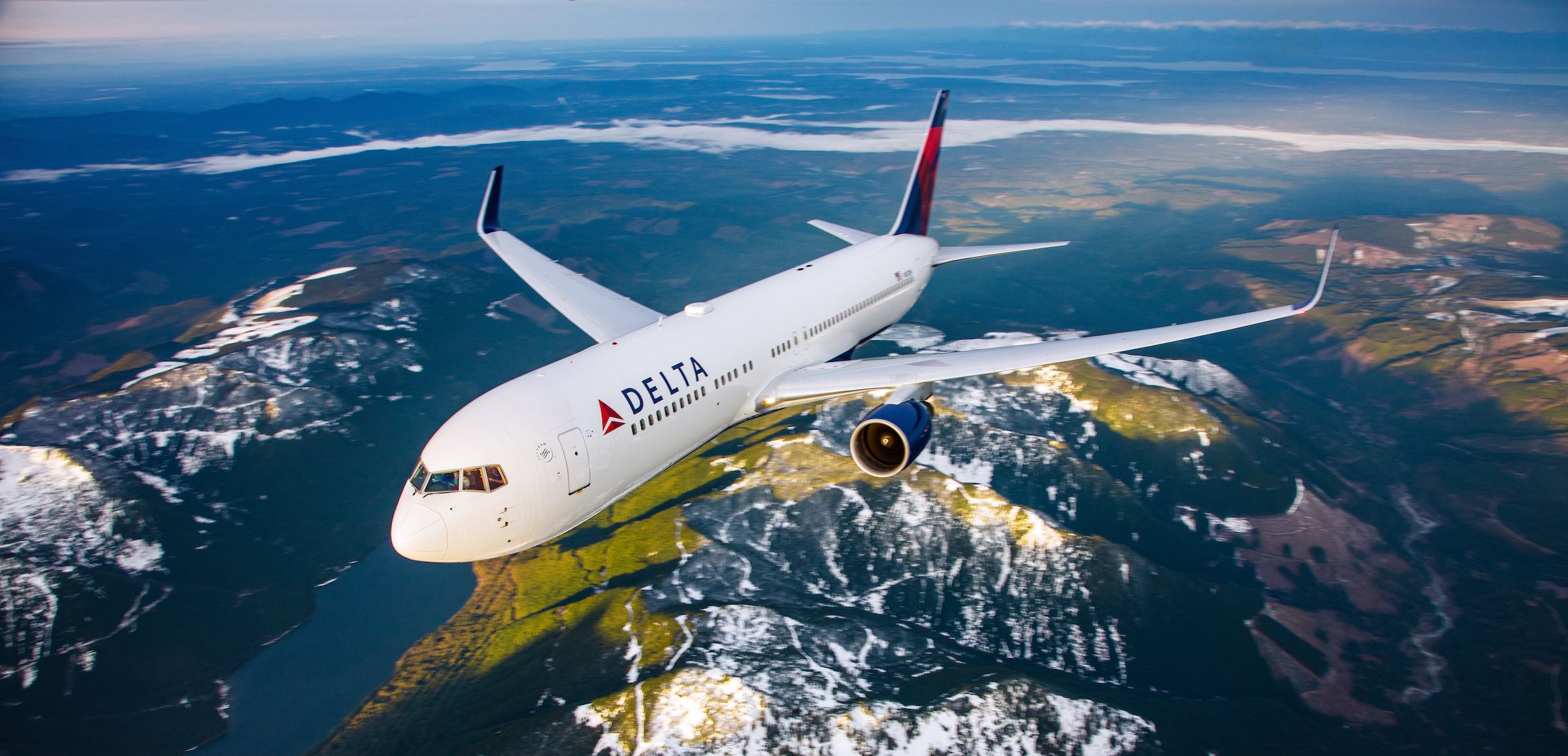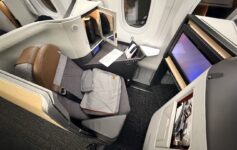
Delta has announced plans to suspend all service to its former hub at Tokyo Narita. The news demonstrates an inherent flaw in the the way slots are awarded at Tokyo Haneda.
In February 2019, 19 additional slots to Tokyo Haneda opened for U.S. carriers. The Department of Transportation was tasked with assigning those slots and instructed U.S. carriers to bid for them, listing them in order of preference.
Delta bid for six slots, including:
- Atlanta – ATL (777-200)
- Detroit – DTW (A350-900)
- Honolulu – HNL – 2x daily (767-300)
- Portland – PDX (A330-200)
- Seattle – SEA (A330-900neo)
At the time, my prediction concerning Delta:
Delta will receive two slots, one for Honolulu and one for Seattle. This is because this service change will still leave flights to Narita from both cities. Its other requests will not be prioritized since they will lead to cuts from Narita.
Instead, Delta was awarded five of six slots, all but its second HNL slot, in May.
Maybe switcheroo is unfair: Delta did not hide the fact that it would abandon Tokyo Nairta if given the chance.
Bad DOT Logic
In response to the DOT award, I wrote:
But I do question the logic of encouraging airlines to cut Narita service in order to serve Haneda. Why not encourage service to both Narita and Haneda, thereby providing more choice to customers on both sides of the Pacific and as a result, better fares?
I do acknowledge the argument that while United (ANA) and American (JAL) have strategic partners with hubs in Tokyo Narita, Delta has no such partner. Thus, with a focus on local traffic (since connecting traffic is directed via Seoul or Shanghai) it made sense to award Delta more slots.
But I did not buy that logic then and I do not buy that logic now. I cannot fault Delta for abandoning Narita…it just makes sense. But the goal for DOT slot awards should be to maximize value for customers, not convenience for airlines or a narrow set of travelers. Yes, Delta passengers will now have an easier time reaching central Tokyo. But instead of adding five new flights to Tokyo, a market that is not overrun with competition from transpacific low-cost-carriers, consumers get a net gain of zero flights when it comes to Delta. That’s not the way slots should be awarded.
CONCLUSION
It’s not like Delta is out of the woods yet. It has struggled throughout Asia, abandoning Hong Kong and soon Singapore (Delta is cutting its Narita to Singapore flight when it leaves Narita). Its former New York JFK to Tokyo service also failed. The Haneda slots will make travel to Tokyo nice for Delta travelers, but come at the expense of what should have been more competition between the USA and Japan.
> Read More:U.S. Carriers Fight For Coveted Tokyo Haneda Slots
> Read More:Why I Question The Logic Of DOT Tokyo Haneda Slot Awards
image: Delta




I agree. It’s a waste of slots. No new service has been added by Delta. Maybe another agency other than the DOT should award slots.
While these slots are awarded by the US DOT, you have to remember that Japan had a similar round for their airlines, which effectively served to benefit only United and American. Thus if slots were distributed more fairly by the DOT, you are effectively relegating Delta to a second class status. AA/JAL and UA/ANA provide tons more destinations in each JV that to not allow Delta to move their operation to HND is basically blocking Delta from any realistic chance of competing with the two joint ventures to Japan. I think you would have seen the Narita flights dropped anyway since any non-stop benefit gets lost by the inconvenience of Narita.
thanks for parroting the DL talking points without applying any of your own critical thought
Basically it all boils down to this – Other than LAX where they’re forced to keep TPAC presence at all costs, DL sucks at TPAC whenever there’s any tiny bit of competition, like JFK-Tokyo. Even worse, DL also stinks at flying monopoly routes – MSP-HKG DTW-HKG SEA-HKG were all monopoly routes when DL/NW flew them.
And the funniest part is how they’ve procrastinated on a potential SEA-SIN, gave SQ an opening to launch it even though i don’t think it was within SQ’s original route network vision when they ordered the A350, then blame SQ on “too much existing capacity”.
The US employs a strategy for awarding slots that was taken from Soviet Russia. A bunch of bureaucrats get together and decide who to bestow favors upon, and who gets the shaft. I have no idea when the FAA decided to abandon capitalism, but it would be a far more efficient, fare, and less corrupt process to simply put route authorities up for bid, and award them to the highest bidder. Those who have the most valuable uses will be able to bid the highest, and those simply looking to prise rents out of the public — like multple-offender Delta — will get nothing. Problem solved.
Delta also has a slot from MSP into Haneda which used to be a Narita flight. The connection to SIN via NRT was my usual way to fly to Singapore from MSP back in the days of NWA 747.
The DOT awarded HND slots based on Alliance market share while taking NRT incumbents into consideration. Consumer interest is to fly to HND rather than NRT, and HND added a runway and added slots for this reason. The intention all along was to give incumbents the opportunity to move their operations to HND. Given that, it is clear why DL has received as many slots as it did. This is not a “who can offer new service to TYO” slot opportunity, this is a “customers prefer to fly out of HND” opportunity, which is in the best interest of the consumer.
That may be (I said as much), but I disagree with that approach. That’s all I’m saying.